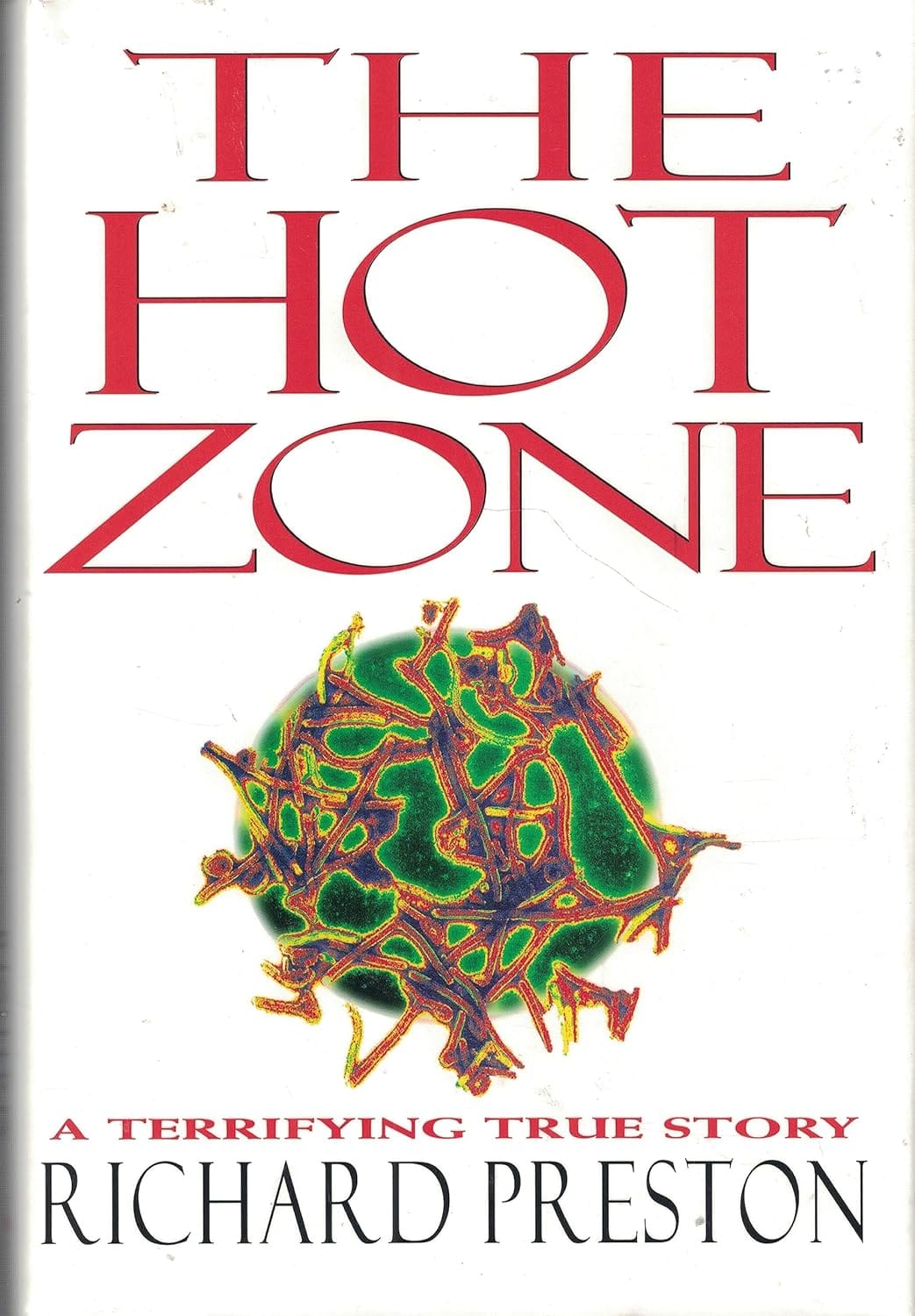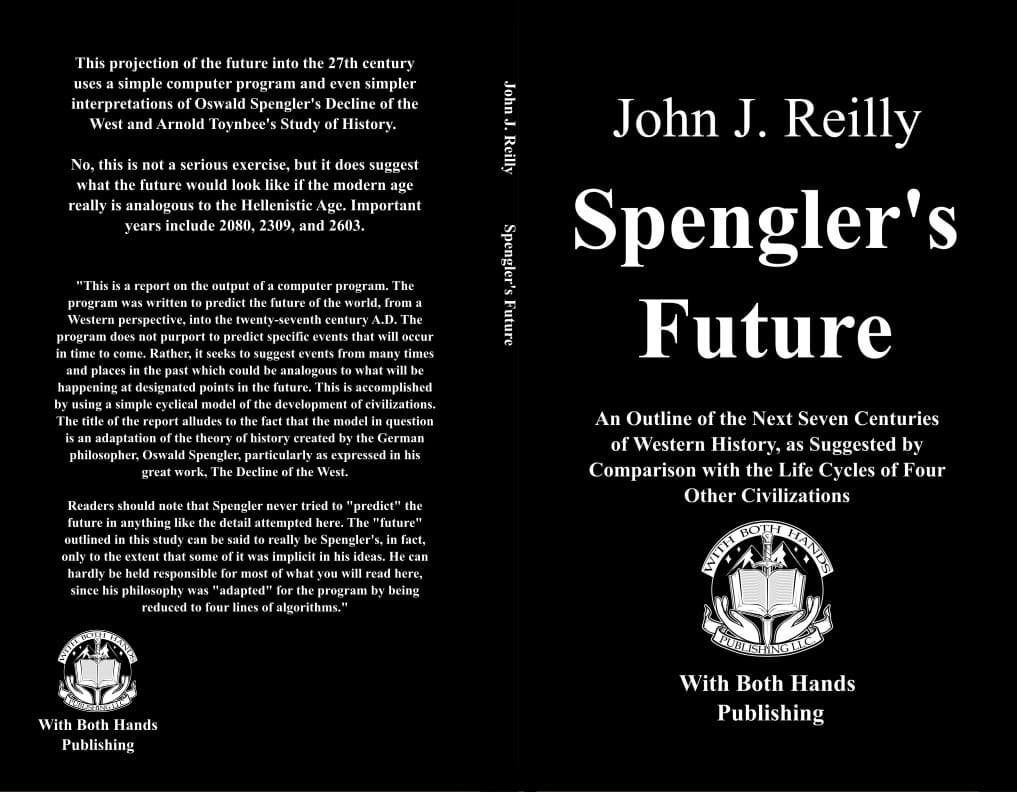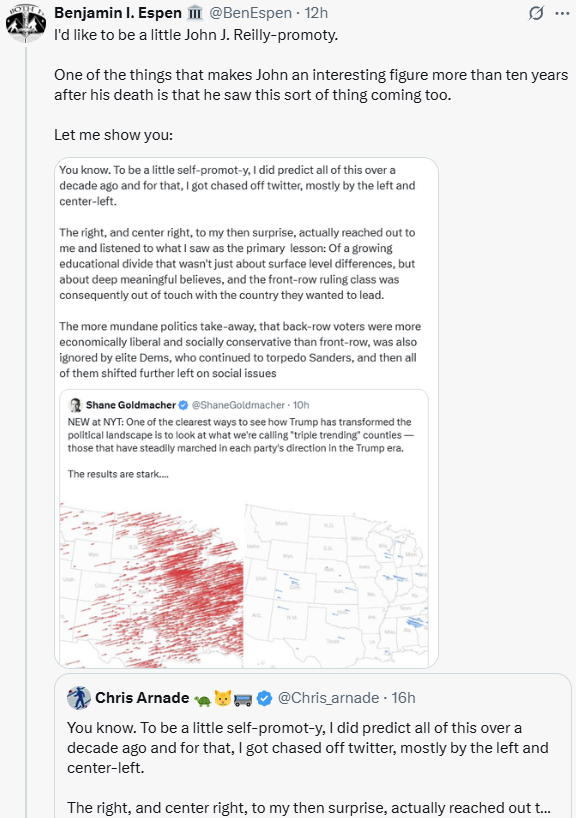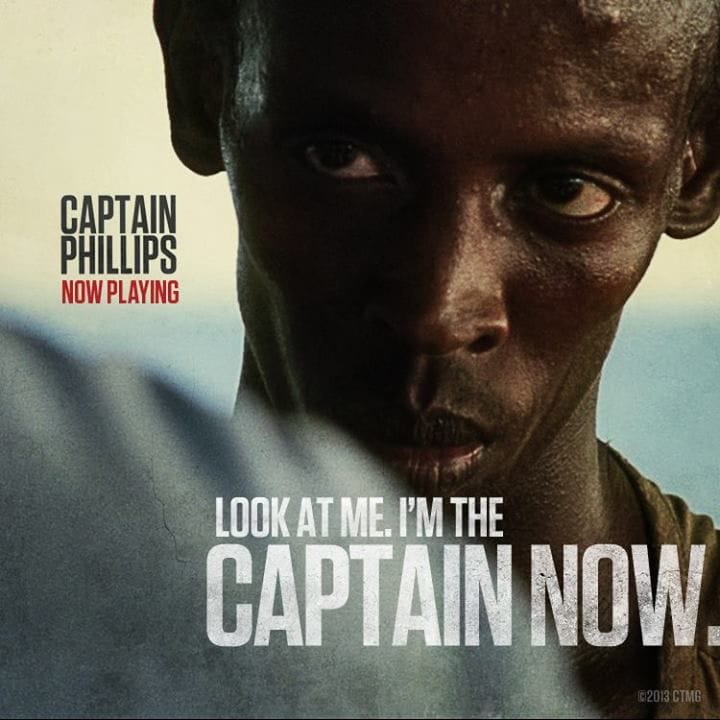The Long View 2009-05-01: The Chimera Shrugs

I frequently lament that John J. Reilly left us too soon. He had a breadth of knowledge that is sorely lacking. In this 2009 post, John discusses the machinery that was put in place in the early 2000s to manage pandemics, populism, banking, and economics.
I cannot usefully speculate how John would have adapted to the social media dominated world that existed after his death, but John probably could have had a killer Substack.
The Chimera Shrugs
The Hot Zone: that was the name of the film and book from the mid-1990s fostering pandemic anxiety. I could not remember it until I reread my review of Tom Clancy’s novel published in 1996, Executive Orders. There was a flurry of popular-culture interest in civilization-shaking diseases at that time. That interest seems to have been repressed, only to return to consciousness as the 21st century as the zombie apocalypse. I was moved to refresh my memory of the book because it touched some of the issues that have been raised in recent days by the Obama Administration’s handling of the latest Swine Flu outbreak.
The book presents a double puzzle for a US president whom we must imagine speaks for Tom Clancy’s view of things. For one thing, a terrorist attack on the Capitol using an airliner had just killed the president, both houses of Congress and the Supreme Court, thereby catapulting the suddenly former vice president into the presidency. The other problem was that the US was soon under covert attack by Iran in the form of a nasty African virus. As soon as he realizes what is happening, the president issues an executive order to close down most interstate and international commerce.
The point has become relevant because Secretary of the Department of Homeland Security Janet Napolitano has spent several hours of television time in the past week explaining what her department can’t or won’t do about the new flu. Actually, some of her press conferences would fit nicely into Act 2 of a movie about a pandemic, if you overlook the fact she was not saying anything particularly alarming. I fully agree that there is no reason to close the border with Mexico, but because the disease just isn’t that serious, not because sealing a border becomes irrelevant when a few infected persons have already crossed it. “Quarantine” may not be the precise term for her department’s authority in this context, but she does have control of the border.
The Swine Flu has produced an instructive overreaction. We may note, for one thing, that it proved irrelevant that the Department of Health and Human Services was without a Secretary until a few days ago, and still does not have senior staff. An epidemic poses first of all a problem of public order and only secondarily of public health.
Also, all that Clinton-era anxiety left its mark. Quite a lot of official machinery has been put in place over the past 15 years to deal with a biological emergency. The current flu outbreak seems to have triggered it, almost automatically, but the engine has not been put in drive because it isn’t really needed. Not this time.
A Note on Usage: Readers will have noted the term “Swine Flu” has caused some unexpected issues. People have become suspicious of swine the world over. Some Muslim countries have taken to culling swine. Aside from the question of the intrinsic merits of swine, however, the fact is that people are not catching the flu from swine, but from each other. No doubt if the disease were a form of Avian Flu there would be a pogrom against chickens. Be that as it may, there is an obvious alternative name for today’s strain. Since this flu is unusual in that it includes porcine, avian, and human genetic material, surely the disease should be called the Chimeric Flu. A chimera is a Greek mythological creature compounded of a lion, a dragon, and goat; the term can mean any compound or preposterous entity.
Of course, then there would be chimera-cullings, but since chimeras breathe fire you figure they could look out for themselves.
* * *
I don’t do populism, partly because I generally don’t have a very clear idea what The People want, and partly because I don’t see why The People should not try to stay on my good side rather than that I should try to stay on Theirs. So, it is by no means for mean reasons of anti-plutocratic envy that I wholly resonate with this opinion piece by Paul Krugman, Money for Nothing:
[W]e should be disturbed by an article in Sunday’s Times reporting that pay at investment banks, after dipping last year, is soaring again — right back up to 2007 levels... there’s no longer any reason to believe that the wizards of Wall Street actually contribute anything positive to society, let alone enough to justify those humongous paychecks... From the 1930s until around 1980 banking was a staid, rather boring business... Consider a recent speech by Ben Bernanke, the Federal Reserve chairman, in which he tried to defend financial innovation. His examples of “good” financial innovations were (1) credit cards — not exactly a new idea; (2) overdraft protection; and (3) subprime mortgages. (I am not making this up.) These were the things for which bankers got paid the big bucks?... Still, you might argue that we have a free-market economy, and it’s up to the private sector to decide how much its employees are worth. But... Wall Street is no longer, in any real sense, part of the private sector... I’m not just talking about the $600 billion or so already committed under the TARP. There are also the huge credit lines extended by the Federal Reserve; large-scale lending by Federal Home Loan Banks...financial firms should be acting like public utilities, not returning to the practices and paychecks of 2007... There’s a palpable sense in the financial press that the storm has passed: stocks are up, the economy’s nose-dive may be leveling off, and the Obama administration will probably let the bankers off with nothing more than a few stern speeches.
Note the point that banking was a boring business from 1930 to 1980. Indeed, Wall Street over the same period was not much livelier. Readers of Carroll Quigley’s Tragedy and Hope will recall that the author, writing in the mid-1960s, spoke of speculative, international finance-capitalism strictly as a thing of the past, without relevance to his own day.
A good argument can be made that the latest set of bubbles were blown precisely with the oxygen provided from perverse structural incentives created by earlier public interventions. On the other hand, the pre-regulatory modern economy of the early 20th century was at least as bubble-prone as the economy of the past 25 years. The key factor is not the presence or absence of regulation, or for that matter of tax policy.
Here’s a thought: Classical economic theory is ahistorical. In that view, an economy has no more history that a theoretical series of poker game. Each hand and each part of each hand can be described by a set of principles that do not depend on before-and-after. Even Marxism allows for a historical element only within each economic cycle. Capitalism was doomed simply because it was disaster prone; one of these days, the bust in a boom-and-bust cycle would bring the system down, but each cycle was much like another. Have we perhaps overlooked the possibility that economies age, like languages, like political systems, like everything else that societies do?
* * *
Mere survival is not enough, if we are to believe that dinosaurs survived in a remote "lost world" for half a million years before extinction:
New evidence suggests an "isolated community" escaped annihilation and lived on a rocky, desert plateau in North America... experts say a "pocket" of dinosaurs survived and roamed a remote area of what is now New Mexico and Colorado.
I am reminded of nothing so much as Jane Smiley’s novel, The Greenlanders.




Comments ()